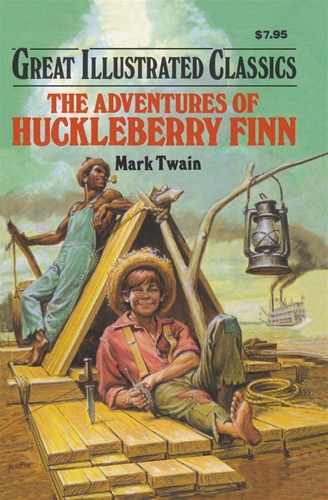

And while Fiedler later claimed that he never intended to shock with the article, "something so sweetly simple, so seductively obvious" that he thought everyone would agree with his claims (Fiedler qtd. Thomas Witholt writes that in his "Come Back" essayįiedler reveals the frequent homoeroticism of tales about lost boys written for men too afraid of heterosexual relationships to truly grow up. Fiedler emphasized that males paired in these wilderness adventures tend to be of different races, and that their relationships include issues of masculinity and touch on intimacy, sensuality, and suppressed sexuality between men.

Fiedler also deals with this theme of male bonding in his books Love and Death in the American Novel (1960), Waiting for the End (1964) and The Return of the Vanishing American (1968).Īs Mark Royden Winchell writes in his 2002 book on Fiedler, "Reading ‘Come Back to the Raft’ over half a century later, one tends to forget that, prior to Fiedler, few critics had discussed classic American literature in terms of race, gender, and sexuality" (Winchell 53). "Come Back to the Raft Ag'in, Huck Honey!" argued that a recurrent theme in American literature was an unspoken or implied homoerotic relationship between men, and famously used Mark Twain's iconic fictional creations, Huckleberry Finn and his African American companion Jim, as examples.įiedler argued that in numbers of American novels pairs of men flee together into the wilderness rather than remain in the civilizing and domesticated world of women. The essay appeared in the Partisan Review, a journal, and was the subject of a great amount of critical debate and controversy. Literary critic Leslie Fiedler's first important published work appeared in June 1948, and came about as a result of his reading American novels to his sons.


 0 kommentar(er)
0 kommentar(er)
